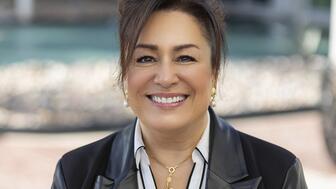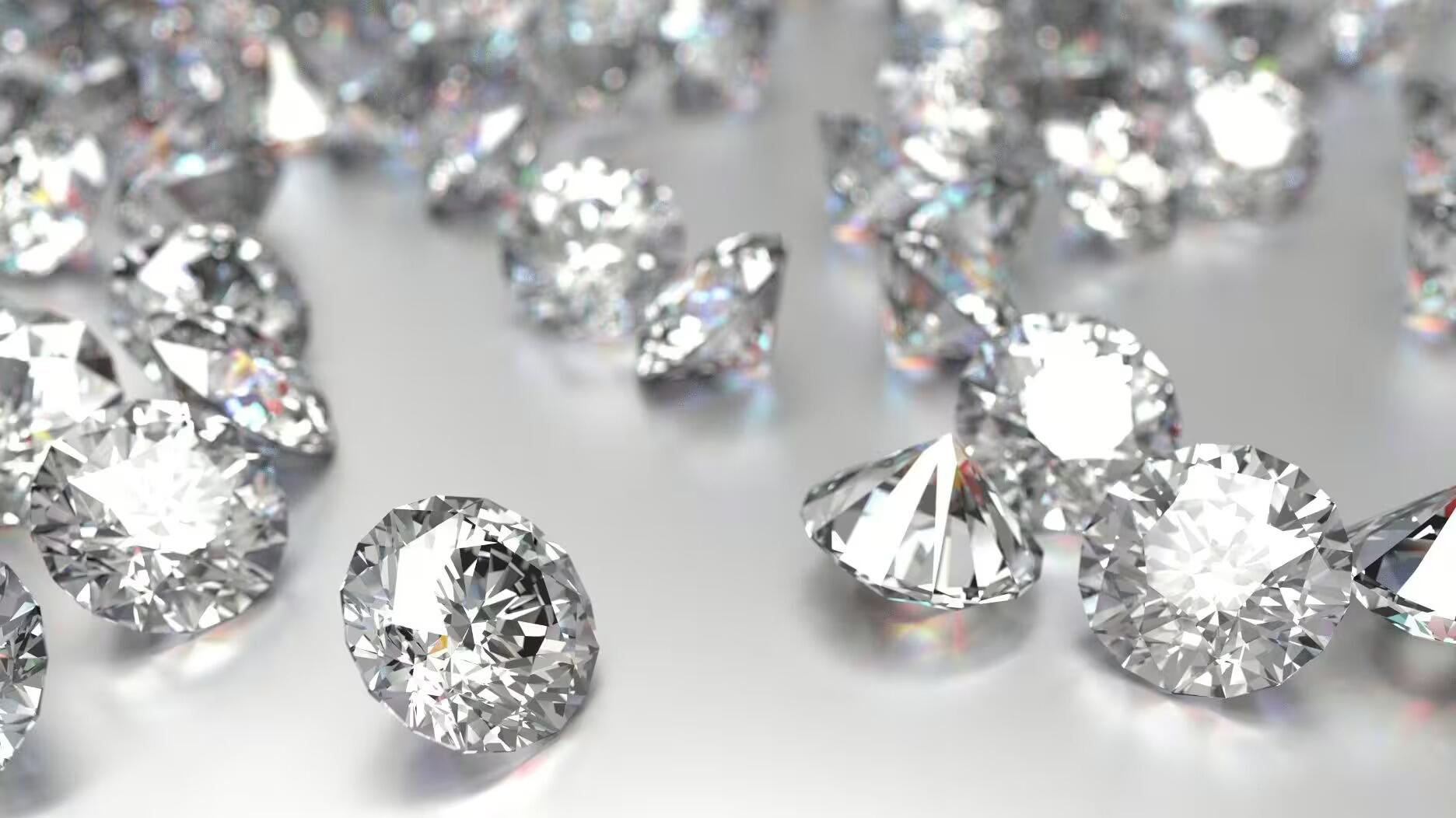Guthrie, the mother of “Today” show host Savannah Guthrie, was abducted just as the Tucson gem shows were starting.
Tariffs Suspended for 90 Days on Some Imports
Meant to help businesses impacted by coronavirus, the 90-day delay will not extend to Chinese goods or steel and aluminum imports.

Washington—In light of the financial hardship caused by the COVID-19 pandemic, the United States is suspending tariff payments on certain imported goods, but the measure fell short of what some were expecting.
The payment delay does not extend to tariffs on goods from China or steel and aluminum imports.
Diamonds, pearls, precious stones, synthetic precious stones and silver jewelry were on the list of products imported from China that are subject to tariffs as of August 2019.
RELATED CONTENT: How Tariffs Will Impact The Jewelry IndustryIn a joint statement Saturday, the U.S. Treasury Department and Customs and Border Protection announced that some companies will be allowed to delay tariff payments for 90 days on certain goods imported in March and April.
To qualify for the delay, U.S. importers will need to “demonstrate a significant financial hardship” and have fully or partially suspended operations in March or April as a result of “orders from a competent governmental authority limiting commerce, travel, or group meetings.”
The importer needs to show that gross receipts are less than 60 percent what they were in the same period of 2019.
“By postponing the deadline to deposit certain duties, taxes, and fees for 90 days, we are providing much-needed relief to affected businesses,” Treasury Secretary Steven Mnuchin said in a press release announcing the delay.
Matthew Shay, CEO of the National Retail Federation, said in a press release the deferral was “welcome news” to retailers during a difficult time, providing some with additional liquidity and better cash flow.
Shay added the administration should “broaden these deferrals for additional relief,” describing the challenges faced by the retail industry as “severely acute, at best.”
Some have called for a suspension of tariffs on Chinese imports, stating it could be a way to not only ease the burden on businesses, but also to combat the coronavirus by easing the medical equipment shortage.
In a press release April 9, Tariffs Hurt the Heartland, a nationwide campaign against tariffs, said the deferral of tariff duties would be “one of the most efficient actions” the Trump administration could take to help businesses survive.
The release highlighted sentiments from Mary Lovely, a professor of economics at Syracuse University and a non-resident senior fellow at the Peterson Institute for International Economics, who outlined why suspending the remaining tariffs on Chinese imports could help to combat the virus.
In an opinion piece for CNN, Lovely notes that although President Trump signed
She cited a paper from the National Bureau of Economic Research that showed affected manufacturers paid estimated tariffs of about $1,600 per worker per year, funds she said could instead be directed to worker assistance and health and hygiene needs.
She said tariff rollbacks would also ease U.S.-China trade tensions and suggested that suspending tariffs may lead China to remove its retaliatory tariffs on agricultural exports.
“With Americans facing the unprecedented challenges of COVID-19 containment, and the deep recession that is expected to follow, it is time for President Trump to end a harmful policy that has outlived any usefulness,” Lovely wrote.
Some officials expressed concern about easing the current trade policies at a time when many businesses can’t afford to vie for business with international competitors.
In a tweet, Michael Wessel, a commissioner on the United States-China Economic and Security Review Commission, said: “A lot of import-sensitive domestic industries—glassware, textiles & apparel, light trucks—will face new pressures from foreign competitors, just as they are seeking to try and stay alive. Is forgiveness next?”
White House economic adviser Larry Kudlow told Bloomberg that the measure was “a way of helping out certain industries,” but was not indicative of a change to the president’s trade policies.
For more information about the tariff delay and other measures, visit the Treasury Department’s website.
The Latest

Butterfield Jewelers in Albuquerque, New Mexico, is preparing to close as members of the Butterfield family head into retirement.
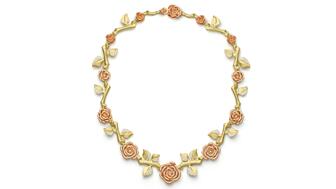
Paul Morelli’s “Rosebud” necklace, our Piece of the Week, uses 18-karat rose, green, and white gold to turn the symbol of love into jewelry.
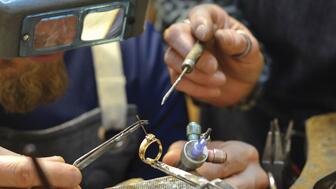
Launched in 2023, the program will help the passing of knowledge between generations and alleviate the shortage of bench jewelers.

The nonprofit has welcomed four new grantees for 2026.


Parent company Saks Global is also closing nearly all Saks Off 5th locations, a Neiman Marcus store, and 14 personal styling suites.
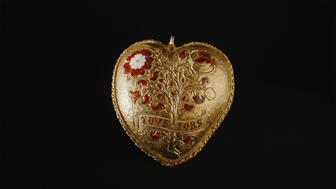
It is believed the 24-karat heart-shaped enameled pendant was made for an event marking the betrothal of Princess Mary in 1518.

Criminals are using cell jammers to disable alarms, but new technology like JamAlert™ can stop them.
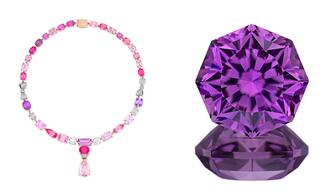
The AGTA Spectrum and Cutting Edge “Buyer’s Choice” award winners were announced at the Spectrum Awards Gala last week.
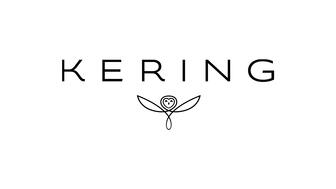
The “Kering Generation Award x Jewelry” returns for its second year with “Second Chance, First Choice” as its theme.
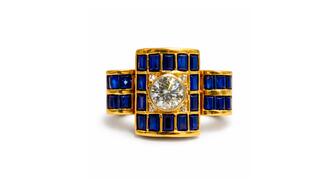
Sourced by For Future Reference Vintage, the yellow gold ring has a round center stone surrounded by step-cut sapphires.
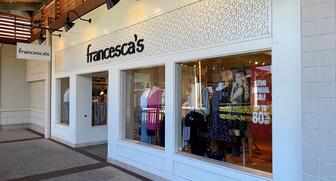
The clothing and accessories chain announced last month it would be closing all of its stores.

The “Zales x Sweethearts” collection features three mystery heart charms engraved with classic sayings seen on the Valentine’s Day candies.

The event will include panel discussions, hands-on demonstrations of new digital manufacturing tools, and a jewelry design contest.

Registration is now open for The Jewelry Symposium, set to take place in Detroit from May 16-19.
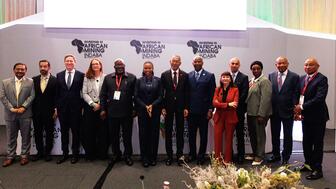
Namibia has formally signed the Luanda Accord, while two key industry organizations pledged to join the Natural Diamond Council.

Lady Gaga, Cardi B, and Karol G also went with diamond jewelry for Bad Bunny’s Super Bowl halftime show honoring Puerto Rico.
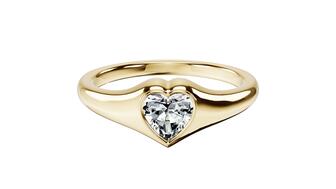
Jewelry is expected to be the No. 1 gift this year in terms of dollars spent.
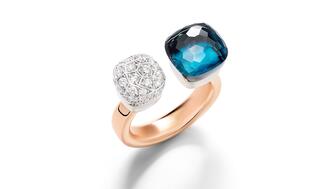
As star brand Gucci continues to struggle, the luxury titan plans to announce a new roadmap to return to growth.
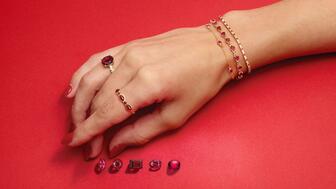
The new category asks entrants for “exceptional” interpretations of the supplier’s 2026 color of the year, which is “Signature Red.”

Entries for the jewelry design competition will be accepted through March 20.
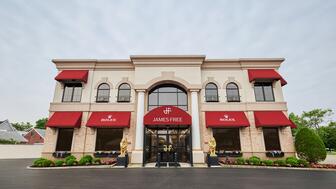
The Ohio jeweler’s new layout features a curated collection of brand boutiques to promote storytelling and host in-store events.
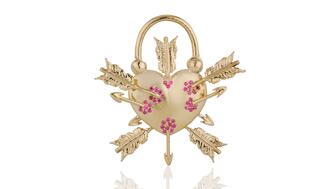
From heart motifs to pink pearls, Valentine’s Day is filled with jewelry imbued with love.

Prosecutors say the man attended arts and craft fairs claiming he was a third-generation jeweler who was a member of the Pueblo tribe.

New CEO Berta de Pablos-Barbier shared her priorities for the Danish jewelry company this year as part of its fourth-quarter results.
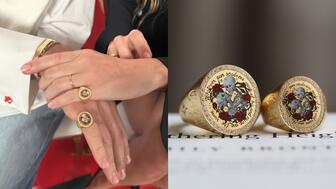
Our Piece of the Week picks are these bespoke rings the “Wuthering Heights” stars have been spotted wearing during the film’s press tour.
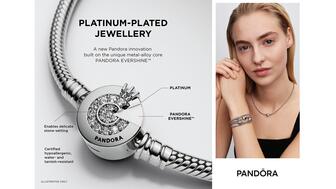
The introduction of platinum plating will reduce its reliance on silver amid volatile price swings, said Pandora.





